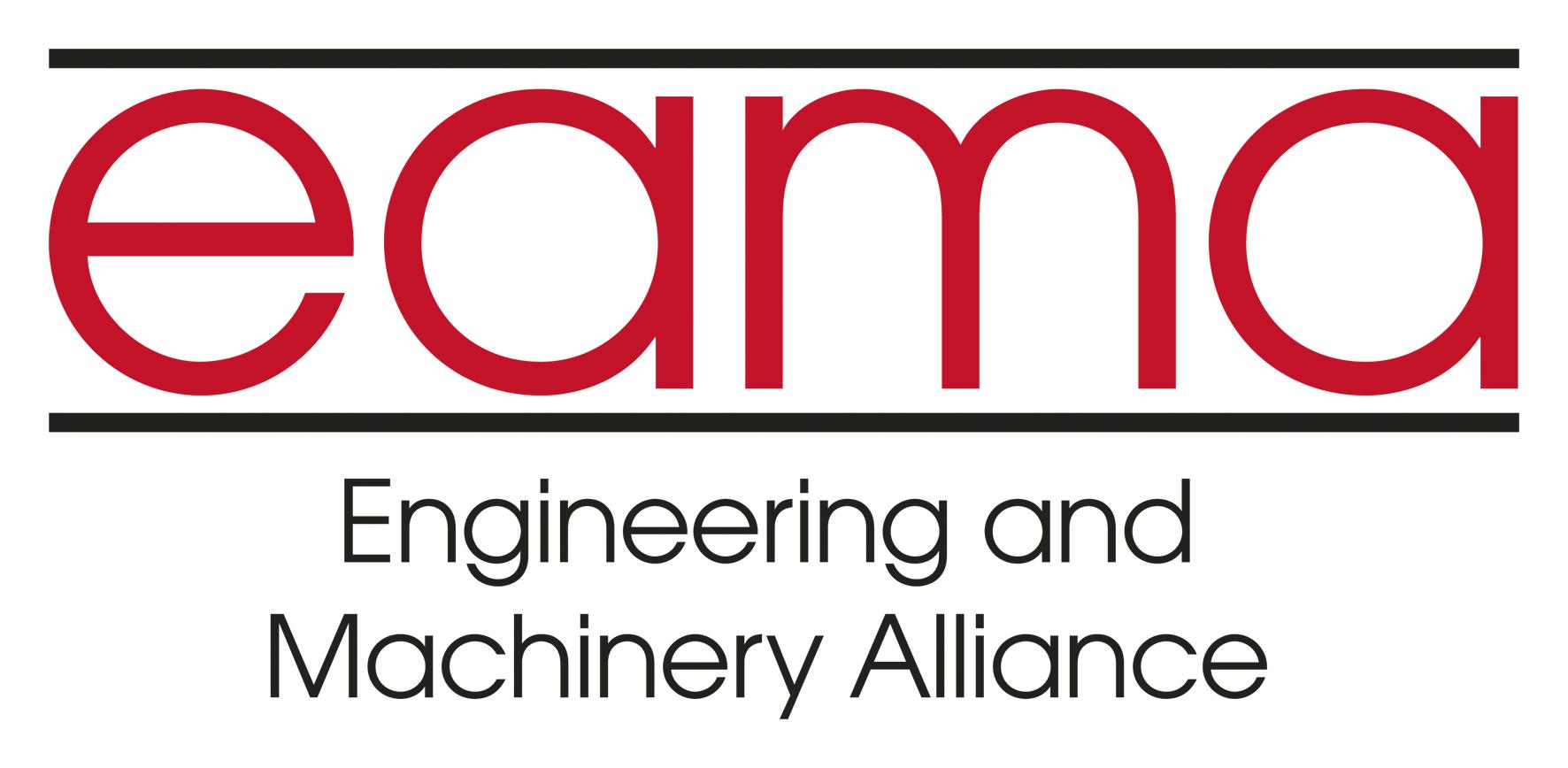DfE misses T Level deadline
The Department for Education has missed its deadline for responding to a Commons education committee report, an important aspect of which was criticism of T Level policy. The DfE’s reply was due by the end of last week.
In its report on post-16 qualifications, the committee said that while T Levels may work for teenagers achieving levels 7, 8 or 9 at GCSE who know what they want to do for a career, they are “untried and untested”. The reports called for BTEC funding to continue – they are to lose their funding from 2025.
Companies of all sizes in many sectors, not least engineering and manufacturing, have been reluctant to take T Level students for 45-day placements.
Speaking at an event organised by the think-tank Onward and hosted by BAe Systems, education secretary Gillian Keegan urged firms to take T-Level placements. Business had been “instrumental in the design of T Levels”, she said – an adjustment from DfE’s usual line that T Levels are “industry-led”.
BAe systems will take “up to 30” T Level placements this year. However, 30 seems the least the company might be expected to take, given its close relationship with government. BAe’s website shows that it plans to recruit “2,600 new apprentices and graduates” this year.
We welcome feedback and queries from members.
IfATE’s ‘Simpler Skills System’
The Institute for Apprenticeships and Technical Education (IfATE) has published the results of its “Big Conservation”, carried out in autumn 2022, and a report, “A Simpler Skills System”.
The reports seem low key, with little detail about how IfATE will achieve progress. It is working on action plans but no timescales have been set out – perhaps reflecting political uncertainty.
A section on T Levels makes no mention of the doubts and scepticism of trade associations and their members (p40 of the Big Conversation Analysis).
Highlights from IfATE commitments following the Big Conversation:
- Ensure that its occupational standards, apprenticeships and technical qualifications meet employers’ current and future skills and prioritising reviews of standards.
- A “data-driven approach to monitoring the quality, relevance and impact of apprenticeships and technical qualifications”.
- Provide employers with “flexibility to develop their future workforce by supporting different training linked to occupational standards, and looking at how technical qualifications can be combined to meet employer and learner needs”.
- “Make our occupational maps data freely available to partners.”
- “Build greater awareness, trust and confidence in apprenticeships and technical qualifications by establishing how we can best communicate employer involvement in their design and approval.”
- “Make the strong case for the boost in productivity employers gain when they offer more skills training.”
- “Drive improvements in outcomes for technical education by working with our regulatory partners to share intelligence and agree actions that can improve quality across the skills system, with each partner having a clear role to play.”
- Work “to ensure all qualifications and assessment are aligned”.
- “Working closely with local partners.”
Link: A Simpler Skills System / Institute for Apprenticeships and Technical Education
We welcome comment and queries from members, in confidence.
Keegan talks up degree apprenticeships.
Education secretary Gillian Keegan is keen to promote degree apprenticeships, which are gaining popularity as an alternative to degrees in engineering and other disciplines. Keegan is the only MP with a degree apprenticeship.
She made the point twice in recent days, during a visit to Sheffield Hallam University, which she described as “ground-breaking”, and at event organised by Onward, the think-tank closely allied with the Conservative Party, which was hosted by BAe Systems.
Some universities now have their engineering degrees taken mostly by overseas students and their engineering degree apprenticeship courses taken by UK students, usually engaged by larger companies. The shift raises questions as to the extent to which engineering graduates will be available to SMEs in future.
At the Onward event, Keegan asserted that the UK “is creating a skills system that will be world-beating”, partly because it will not only be for young people.
She said that we are living at a time of perpetual technological revolution, with science and technology at the forefront. The UK tech sector is valued at £1 trillion+, third in the world behind only the US and China. “We need to be a driving force of technological change.”
Talking up apprenticeships, she said: “You can get to do almost any job now via an apprenticeship, including a medical doctor and dentist.”
During a discussion the practical use of emerging digital skills, Keegan observed: “There isn’t an Arts without Science and there isn’t a Science without Arts.”
On artificial intelligence (AI), there are uncertainties but govt is pressing ahead. For example, “AI could be trained to mark every exam very accurately”.
Keegan defended the government’s apprenticeship levy. The levy “was introduced to irritate us into action”, she said, and 99.6% of the levy is now being used – unlike in the past – with funds unused being channelled to SMEs, often via mayors.
In February this year, skills minister Rob Halfon criticised “major industries publishing reports” that suggest that large sums are going back to HM Treasury and not going into the skills system “when they were full well know how the levy works and the whole purpose of the levy and how it’s being spent”.
Links:
Onward/BAe event: https://www.youtube.com/watch?v=goSi2W5_Tpc
Keegan at Sheffield Hallam: Education secretary hails Sheffield Hallam’s degree apprenticeship provision as ‘ground-breaking’ during university visit | Sheffield Hallam University (shu.ac.uk)
Halfon, February 2023: Halfon: No need for apprenticeship levy controls despite budget squeeze (feweek.co.uk)
We welcome comment from members.

